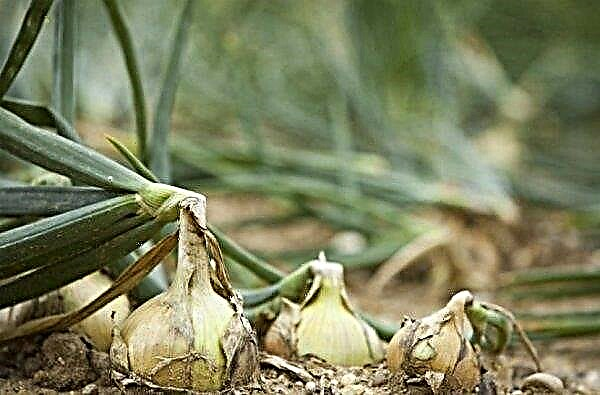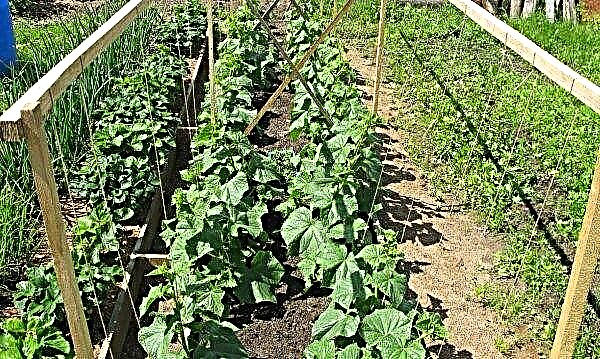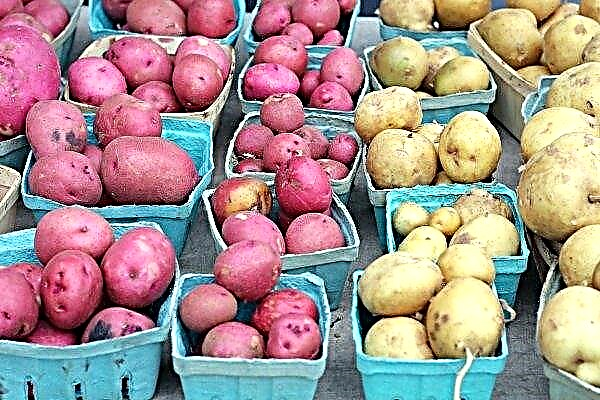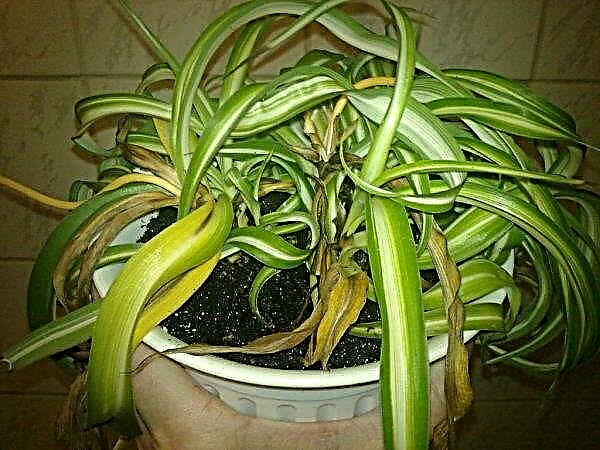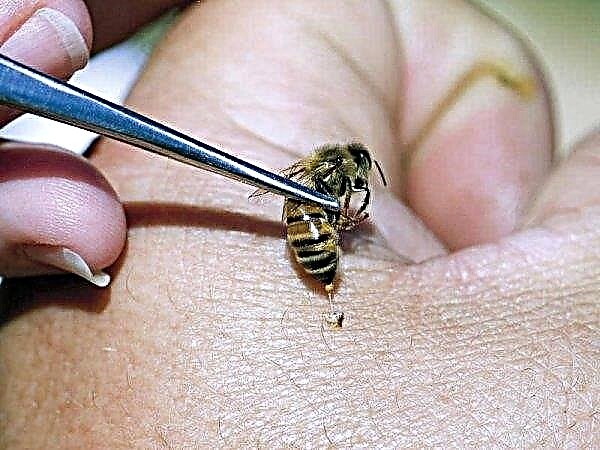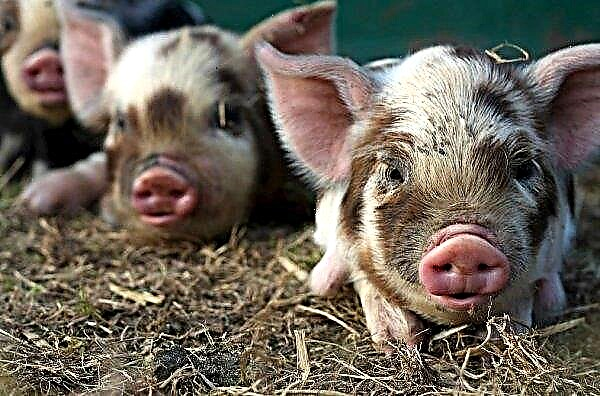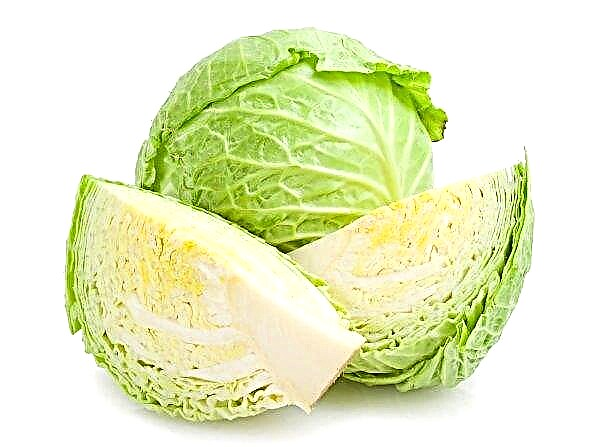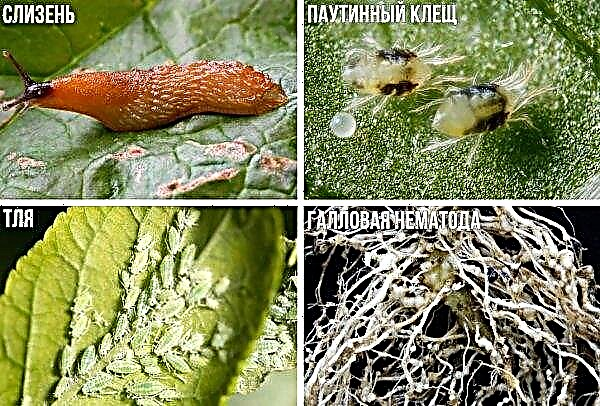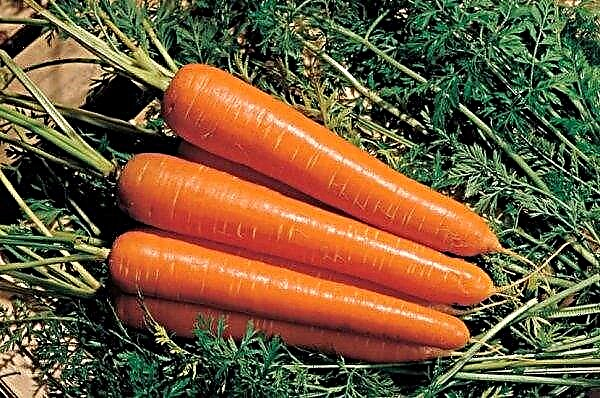Cereal traders are puzzling over recent data showing that US farmers have produced another unprecedented crop, despite the most difficult weather conditions in recent years. What is the secret of American farmers? The thing is that they were able to achieve high yields by growing GM plants.
Too wet soil, late planting and early onset of cold weather did not break the American crops of corn and soybeans. They have proven sustainable thanks to advances in genetically modified seeds, precision tools and resources such as chemicals.
The USDA last Friday raised the yield estimates for both crops, which analysts did not expect to fall.
“I was surprised at what genetics can do. You can still grow pretty good corn even in less than ideal conditions. It changed everything, ”said Matt Bennett, Illinois farmer and commodity specialist at AgMarket.Net.
 Corn contains 26 elements of the periodic table. And she does not lose her useful properties even when canning.
Corn contains 26 elements of the periodic table. And she does not lose her useful properties even when canning.
Large yields testify to the successes achieved in growing technology over the past few decades. 92% of the sown area of corn in the United States is occupied by genetically modified plants that can withstand extreme conditions, such as record rains in 2019. These figures are compared with 85% in 2009 and 25% in 2000.
American farmers also use automatic sprayers, which determine which plants need additional herbicides.
Unmanned aerial vehicles circling above the fields, allowing farmers to see their land from a bird's eye view to determine which areas need special attention. All these are signs of a new era that is completely changing the possibilities of agriculture.
Technological advances give farmers a chance to withstand weather changes, which will continue to be crucial, as climate change leads to more dramatic fluctuations.
- An American company will produce non-GMO soy in Argentina.
- Zimbabwe after a drought is trying to curb rising corn prices.
- A plant in Chile is being upgraded to produce GMO seeds.
- Indian MMTC for the seventh time postpones a tender for the purchase of corn.
- Uzbekistan admits the presence of GMOs in vegetables.

